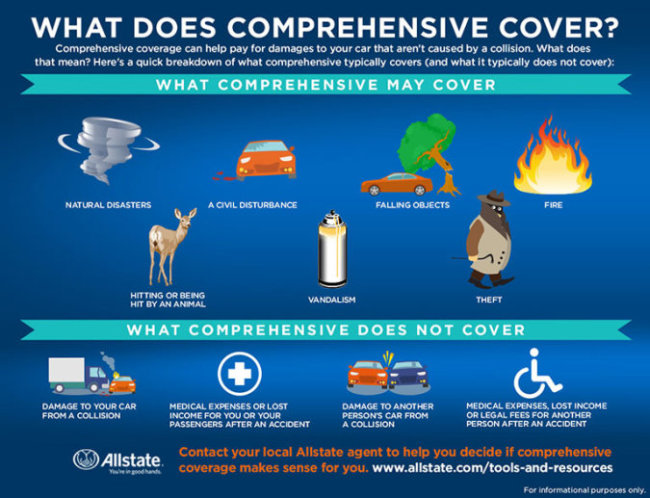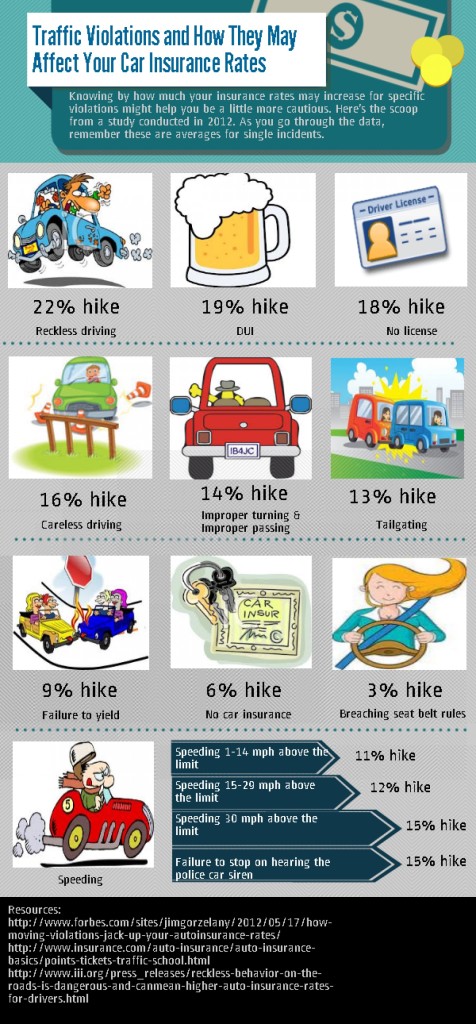Vehicle Tracking Devices: To Use Them Or Not Use Them
The new craze lately is to let your car insurance company use a tracking device on your vehicle, but should you?
We are all looking for ways to save money on our car insurance premium and one of the new ways that insurance companies have come up with to help us do that is by offering to track our driving habits. They offer a device that you plug into your car and records how fast you drive, accelerate, stop, swerve and all other manner of driving habits. It takes all of this information and reports it back to your car insurance company.
In most cases, your car insurance company will use that information to provide a customized discount on your policy. In other cases, your car insurance company uses the information to determine how much premium you should be paying based on your driving habits.
Downsides
- You can’t use the device in older cars, therefore you can’t participate in these programs if all you have is older cars
- Some companies determine the premium from the device and not just give a discount, so you may be better off without the device if you aren’t a safe driver.
- There is no disputing the outcome, the device calculates the end result and there is usually nothing even an employee can do to change the end result.
Upsides
- This is a great way to save some more money on your car insurance if you are a safe driver.
- Discounts can be pretty significant. At least one company offers up to a 30% discount.
- The device is easy to use, just plug it in and forget about it until it is time to return it.
For more information about your insurance companies vehicle tracking program, contact your car insurance agent or your insurance company directly.


